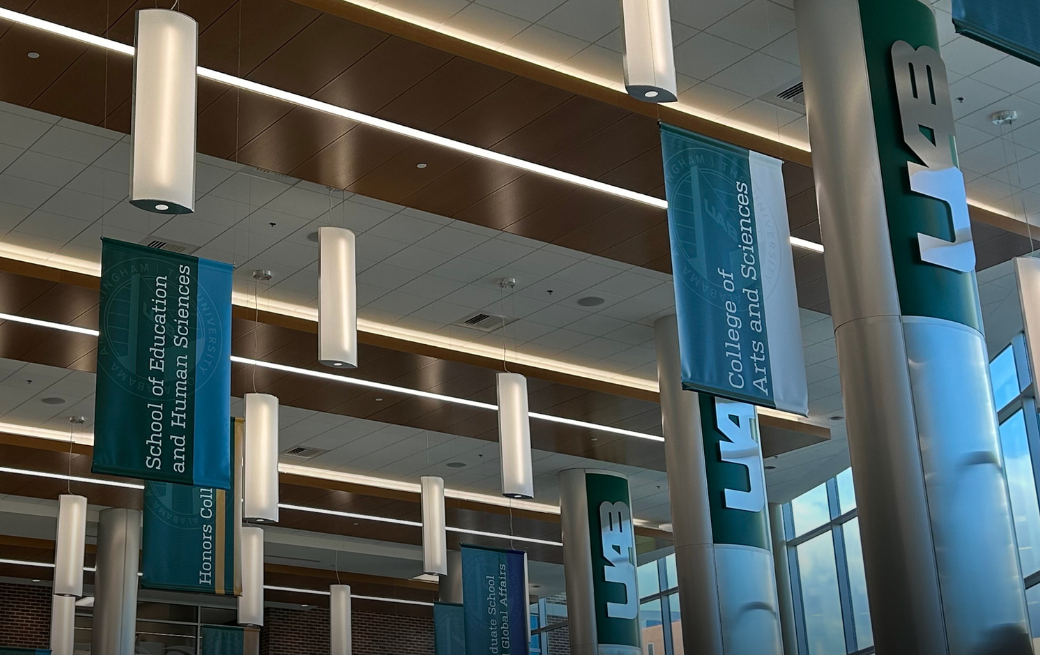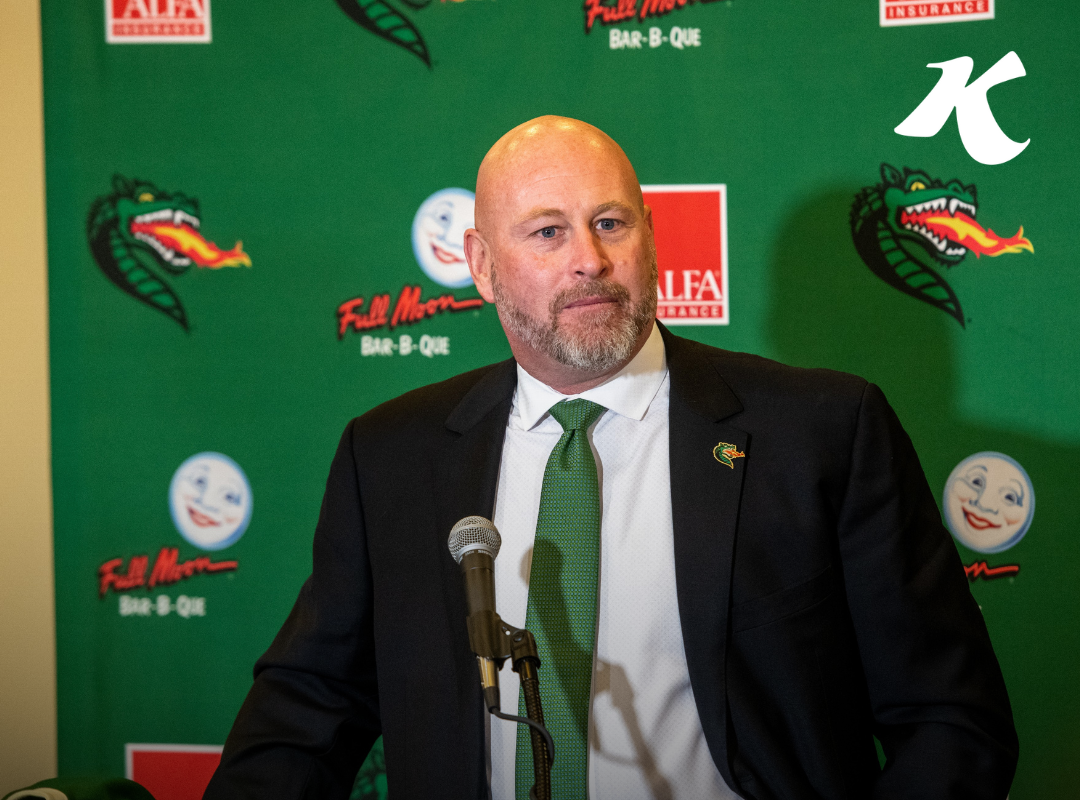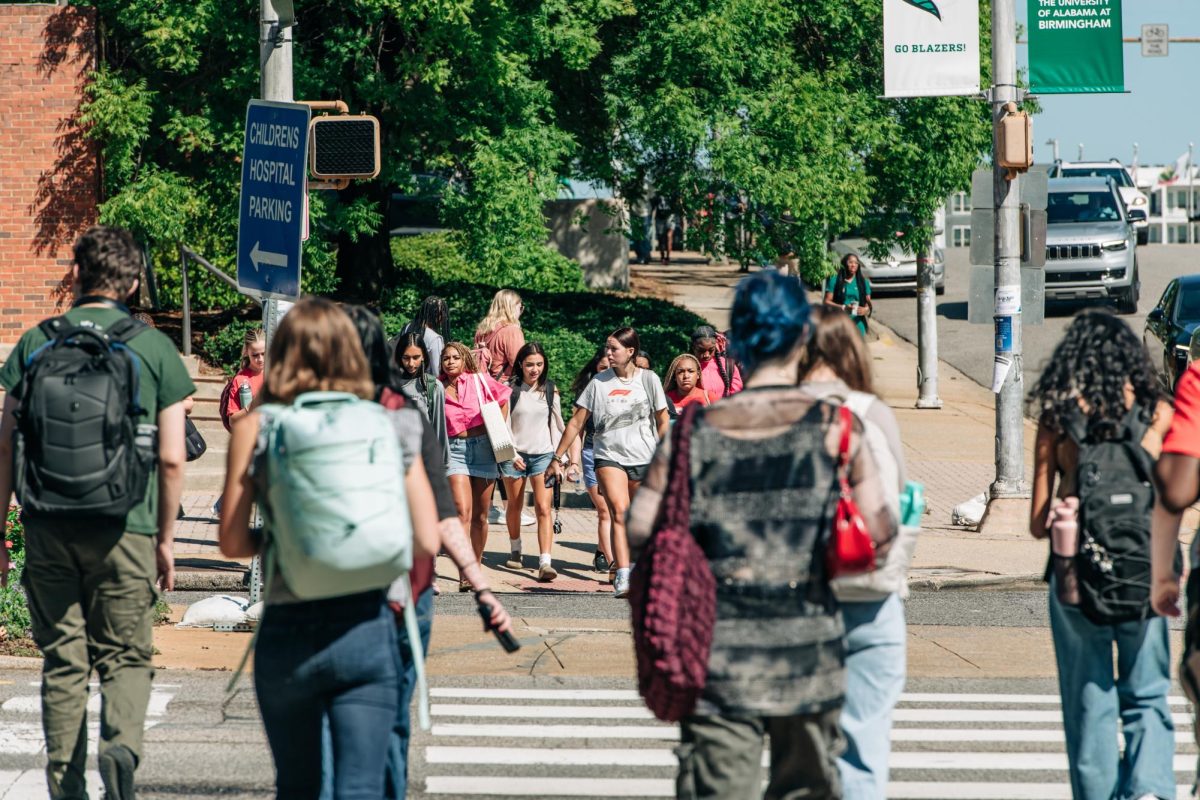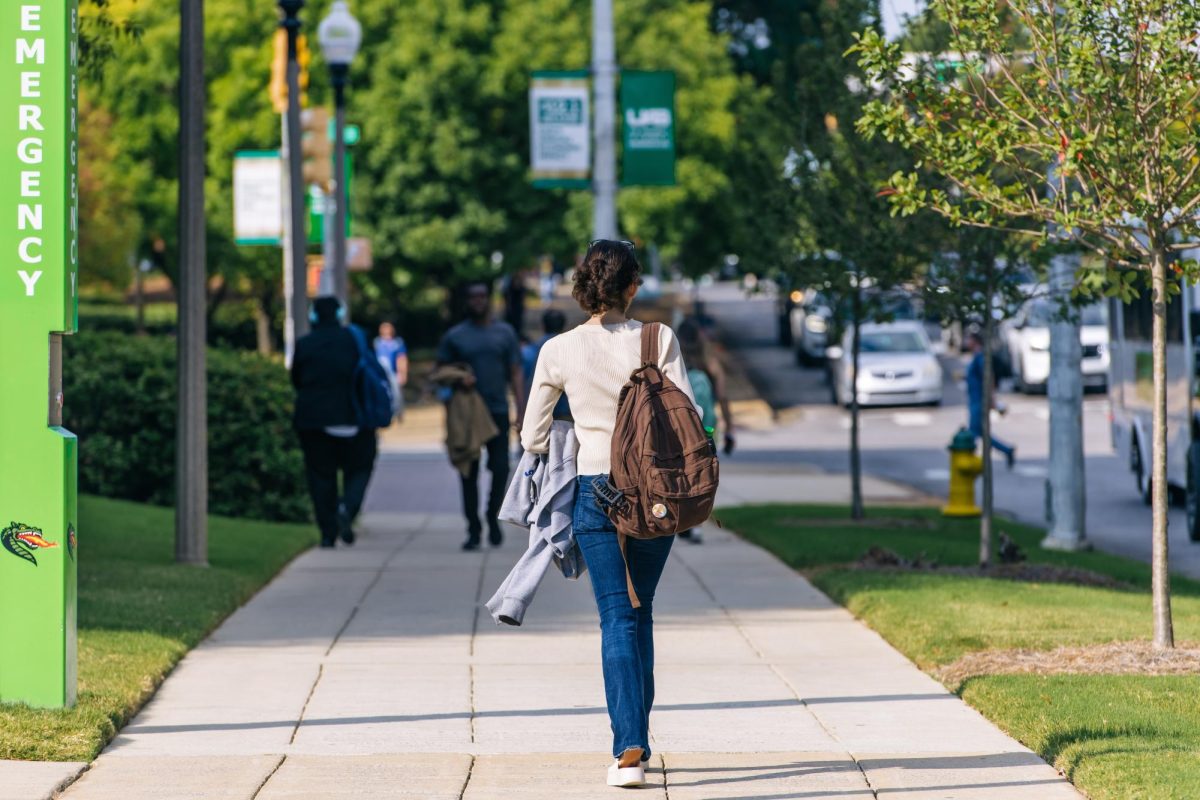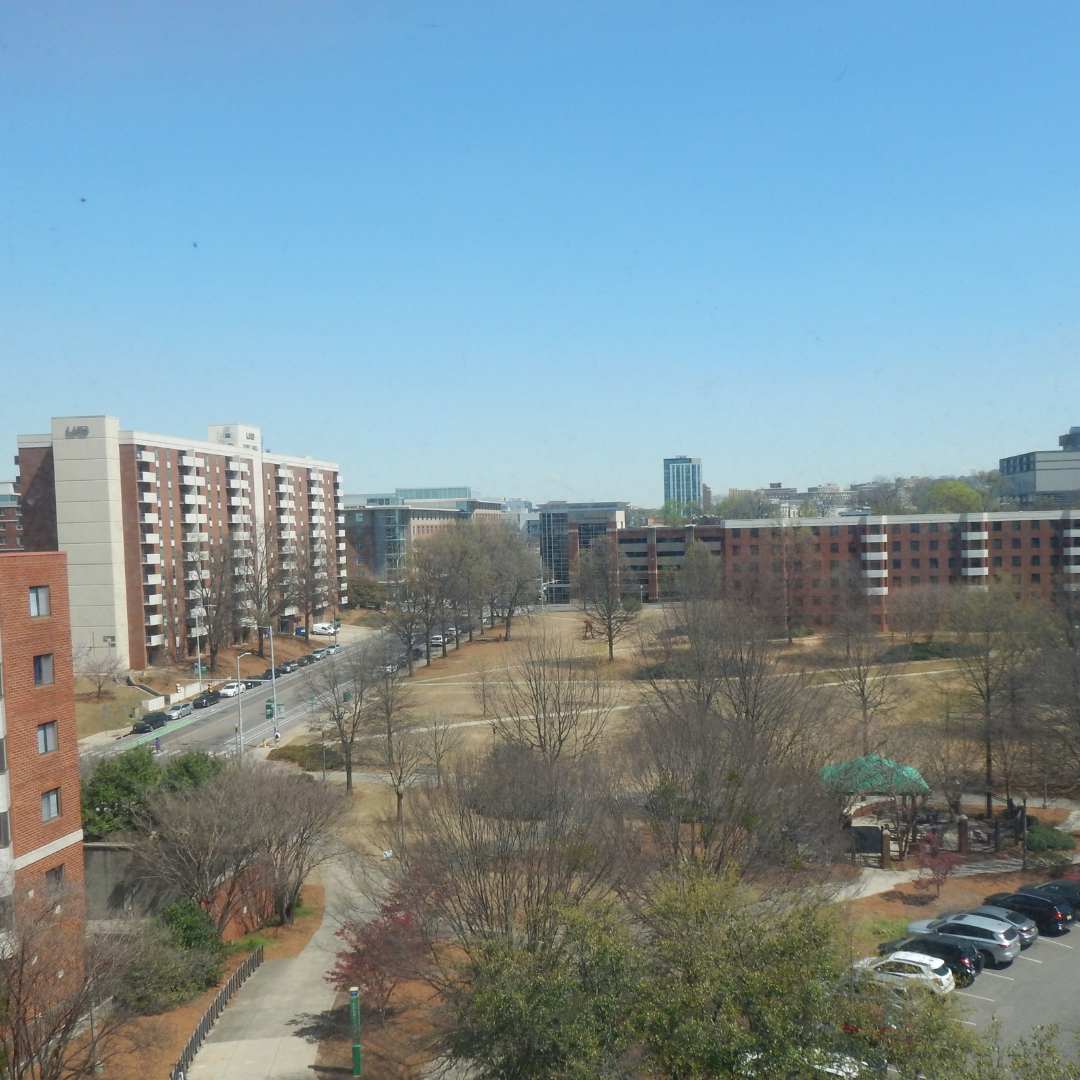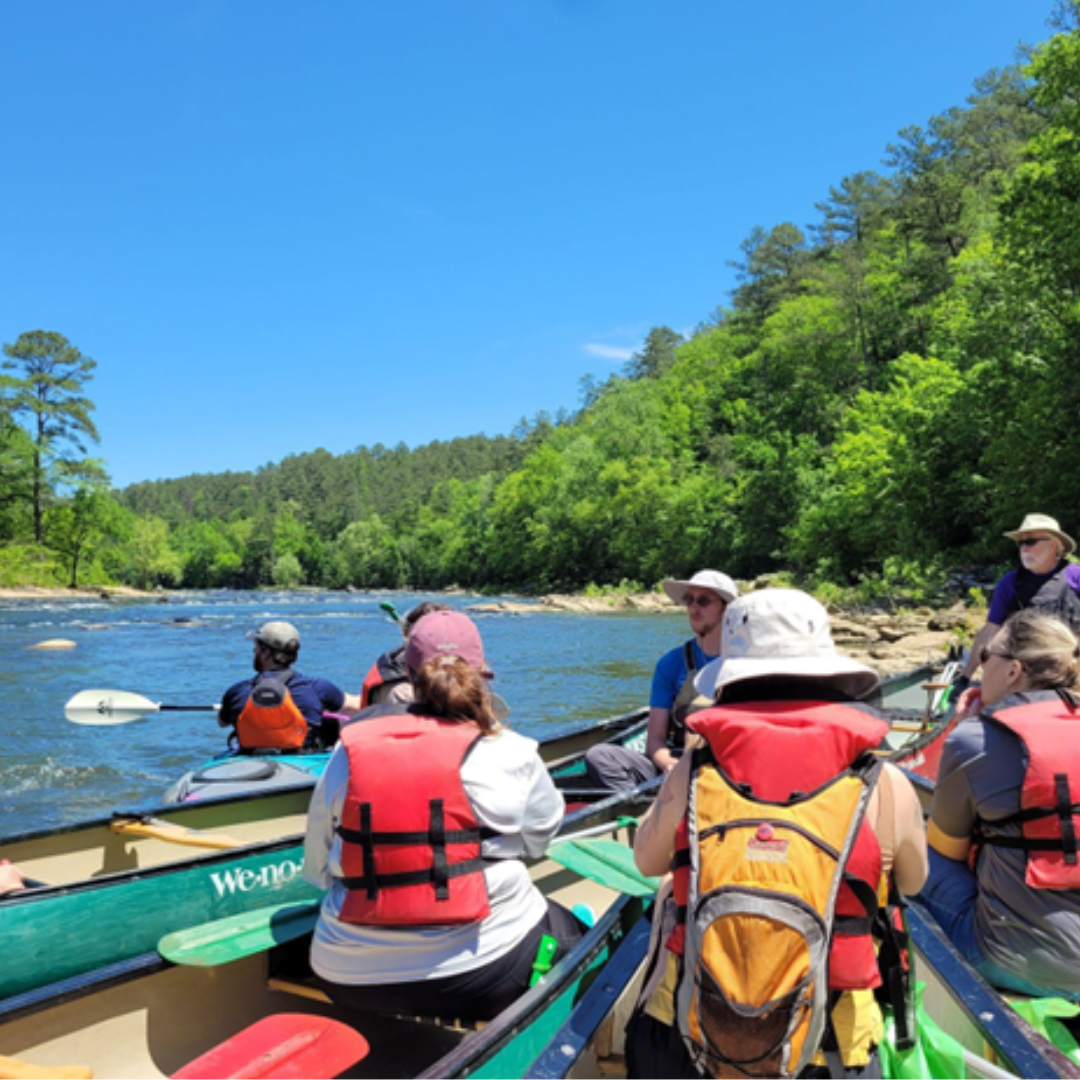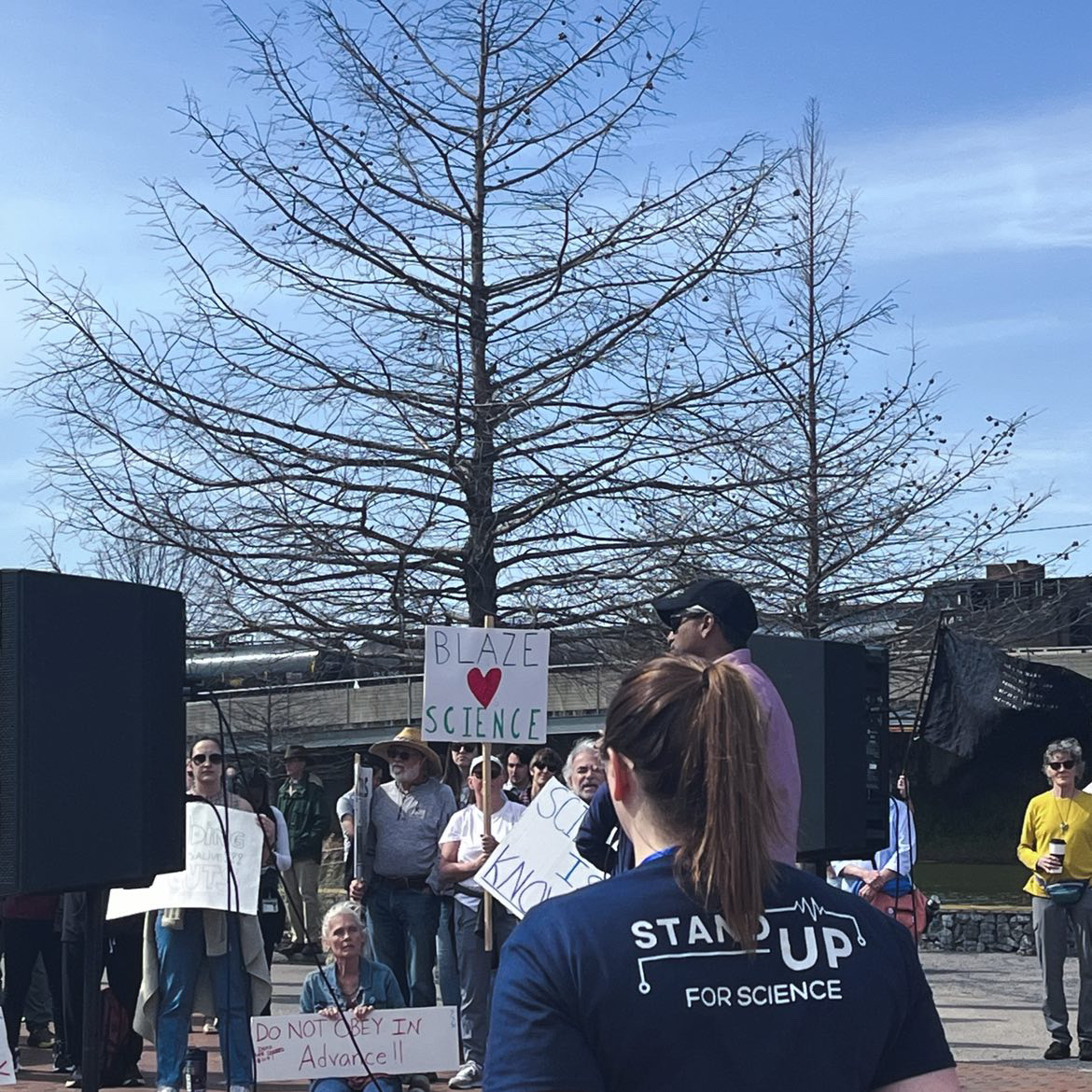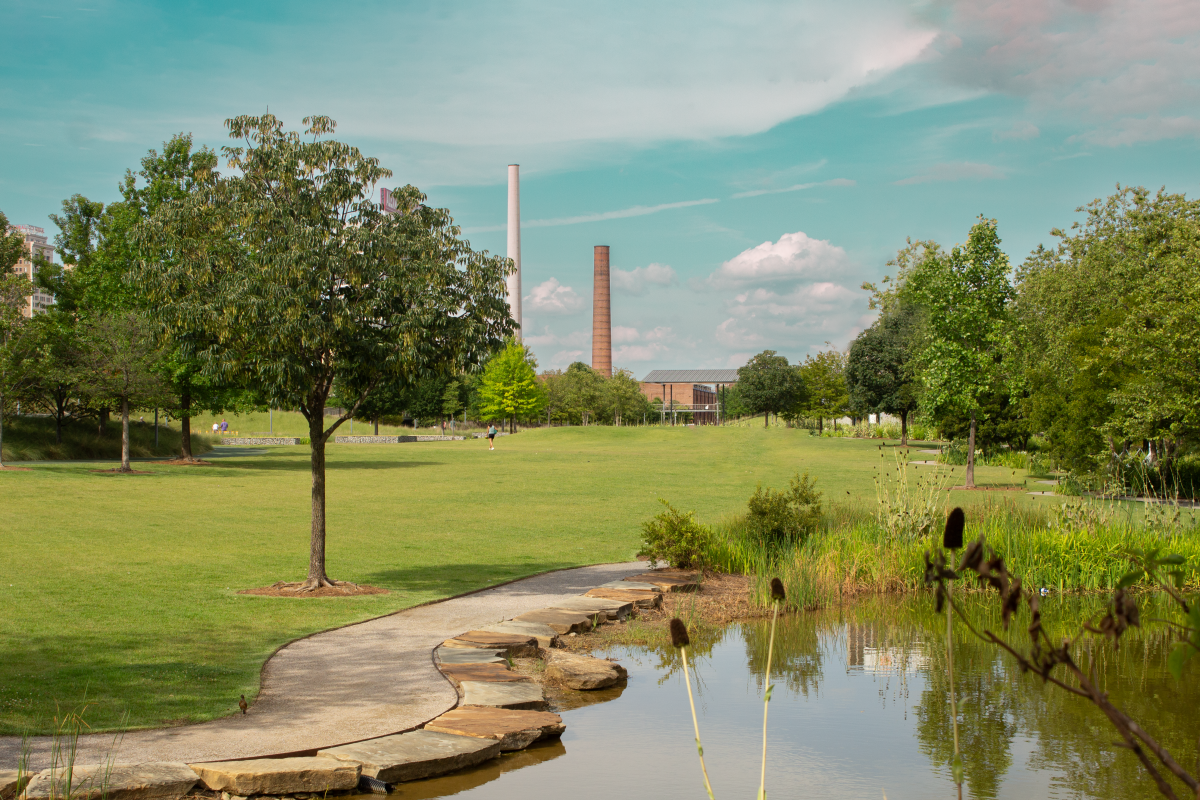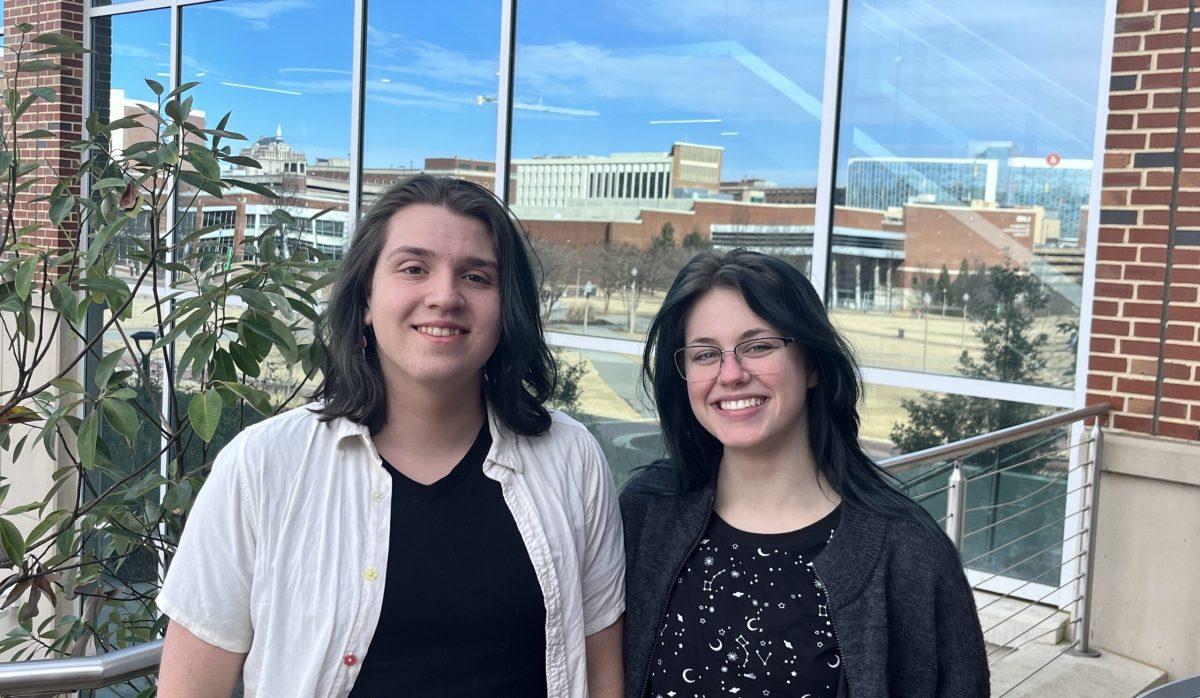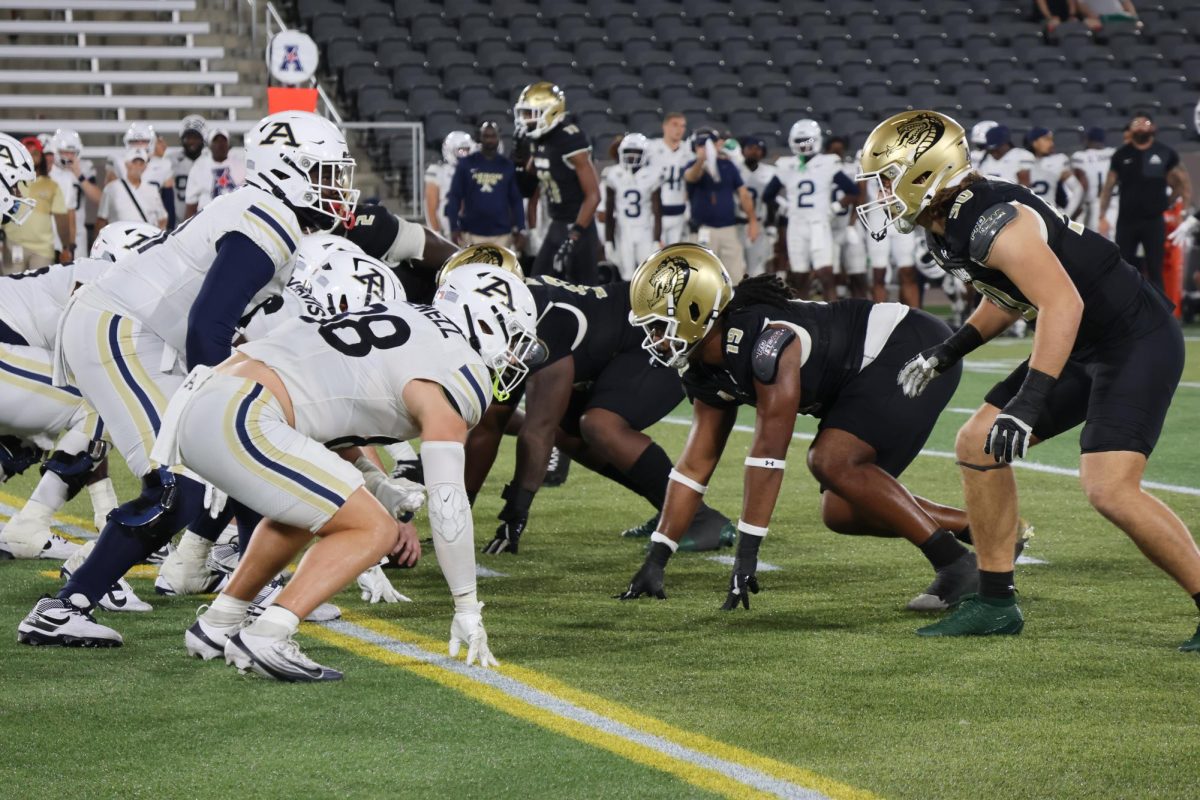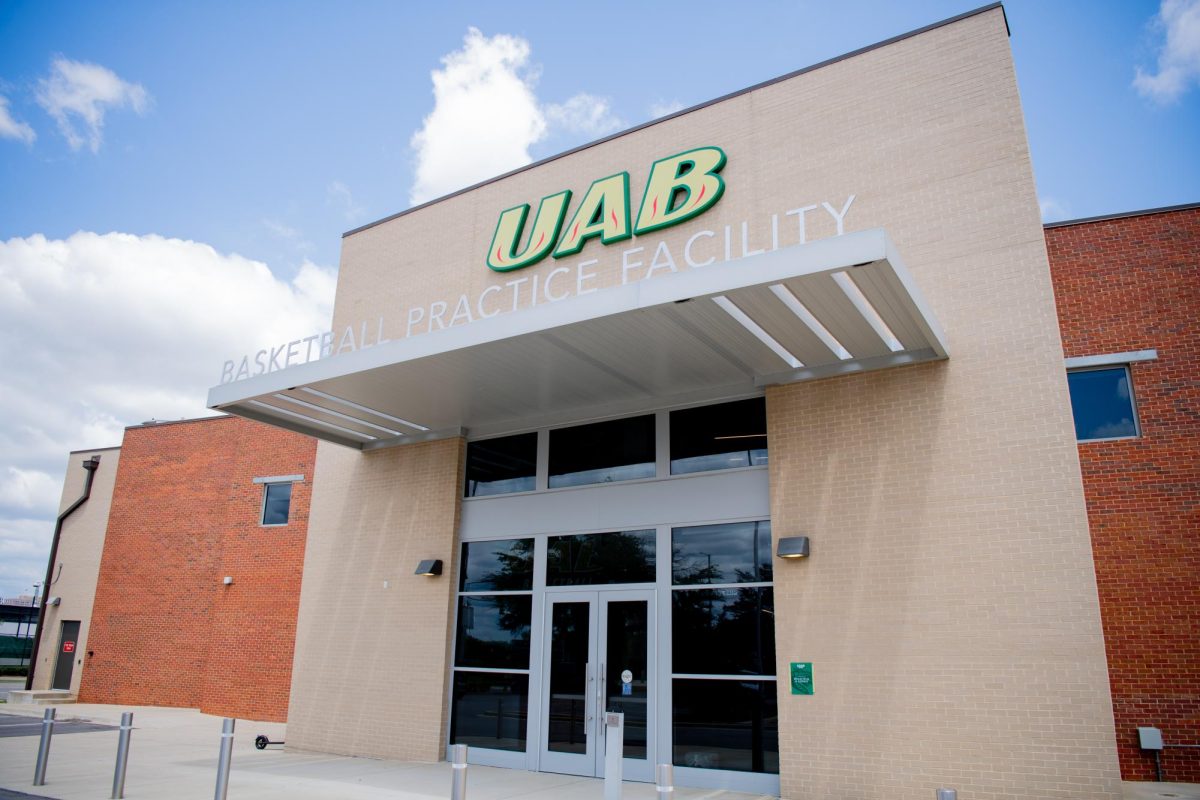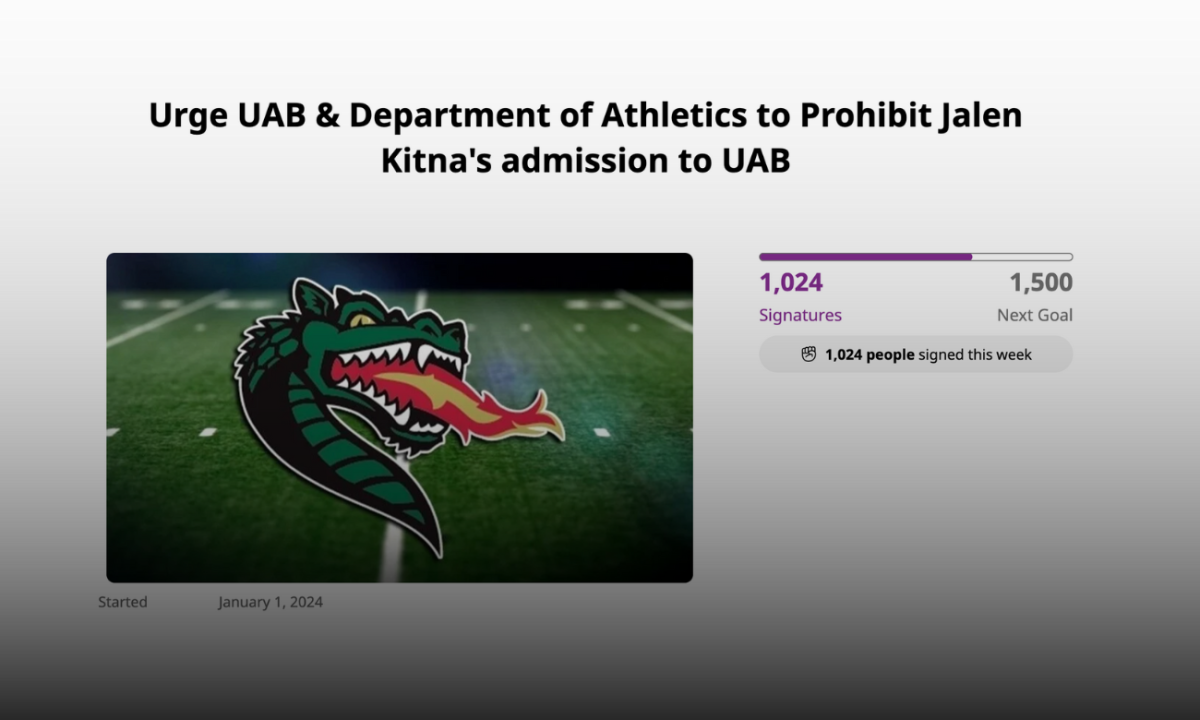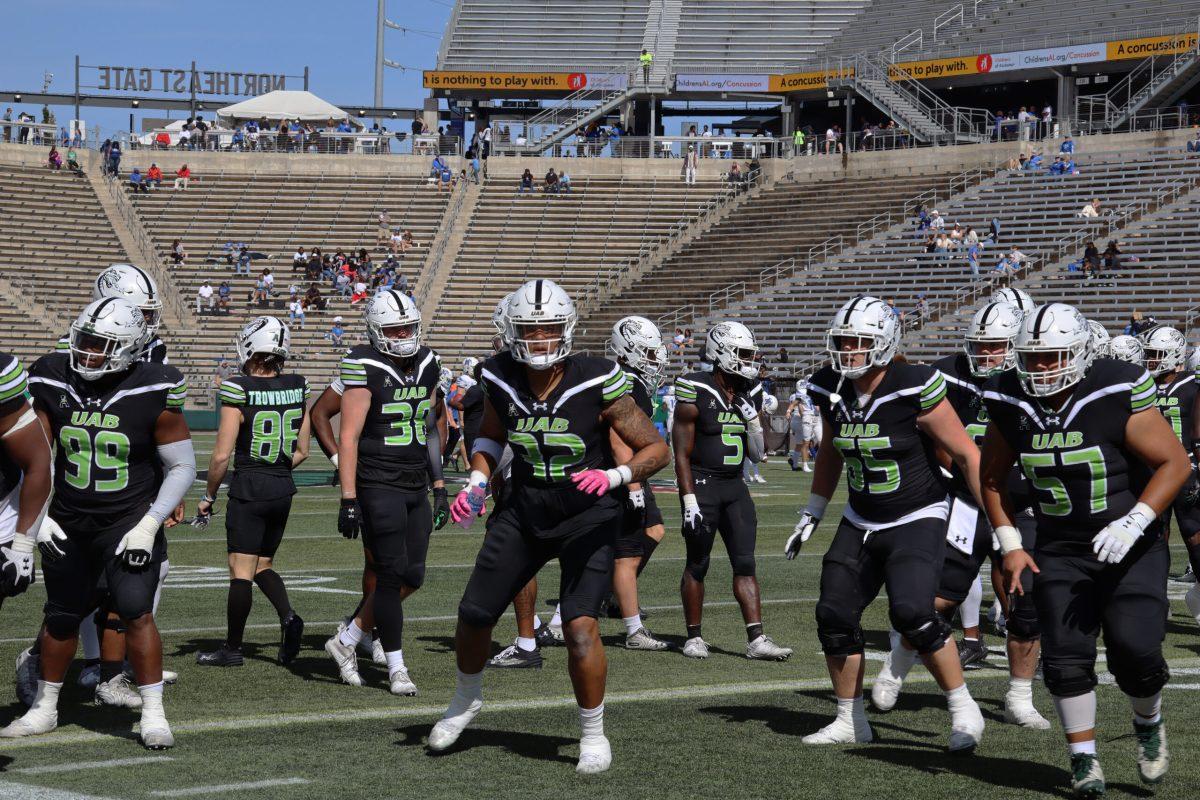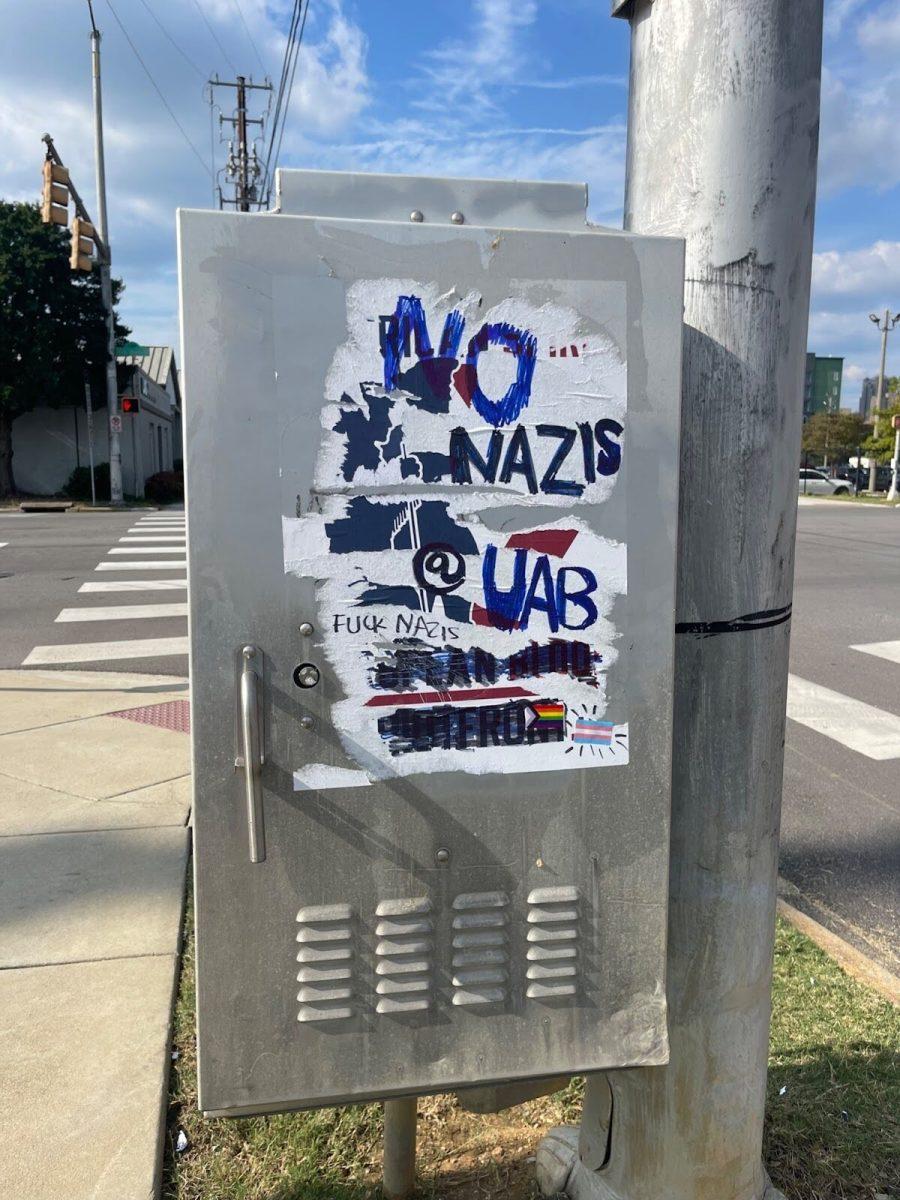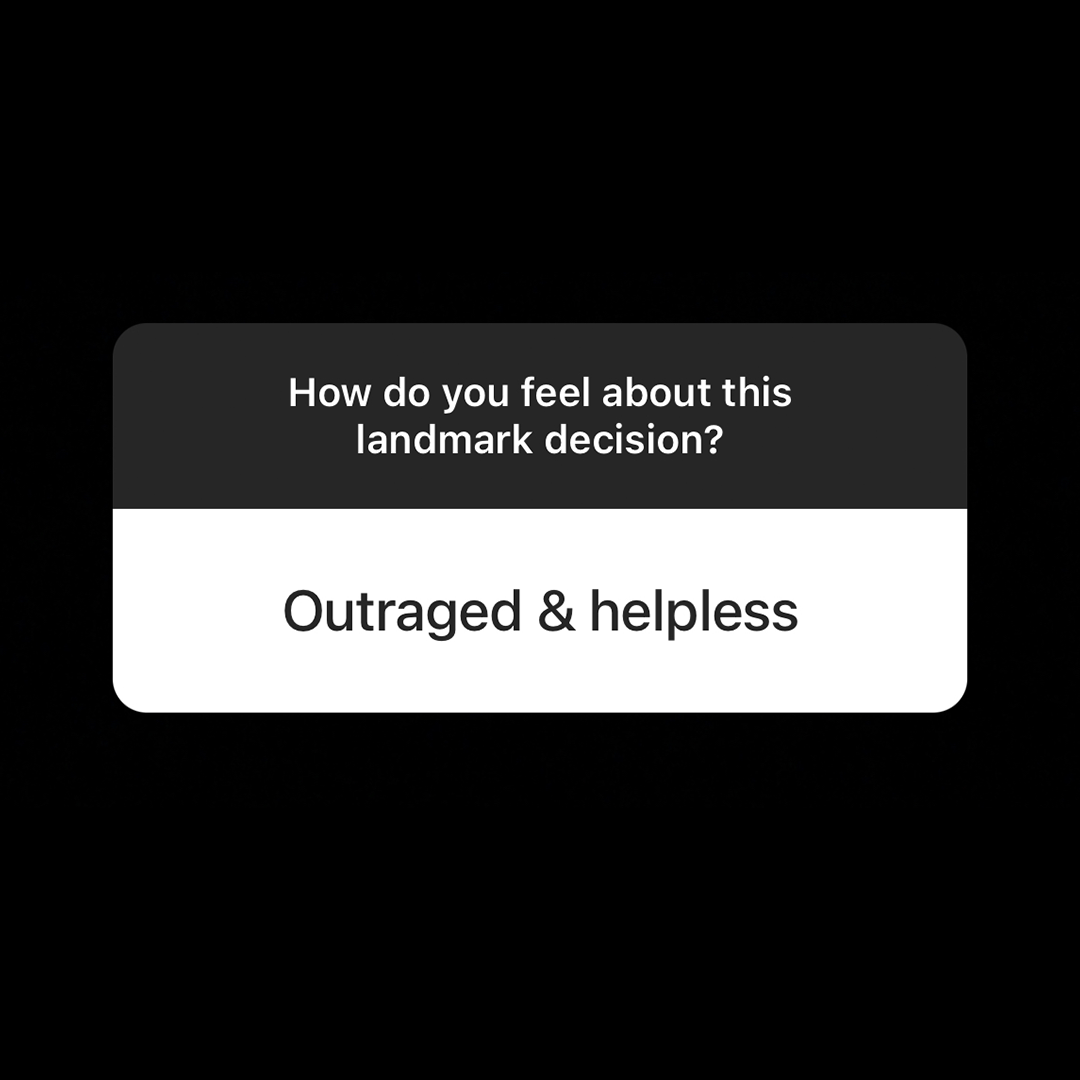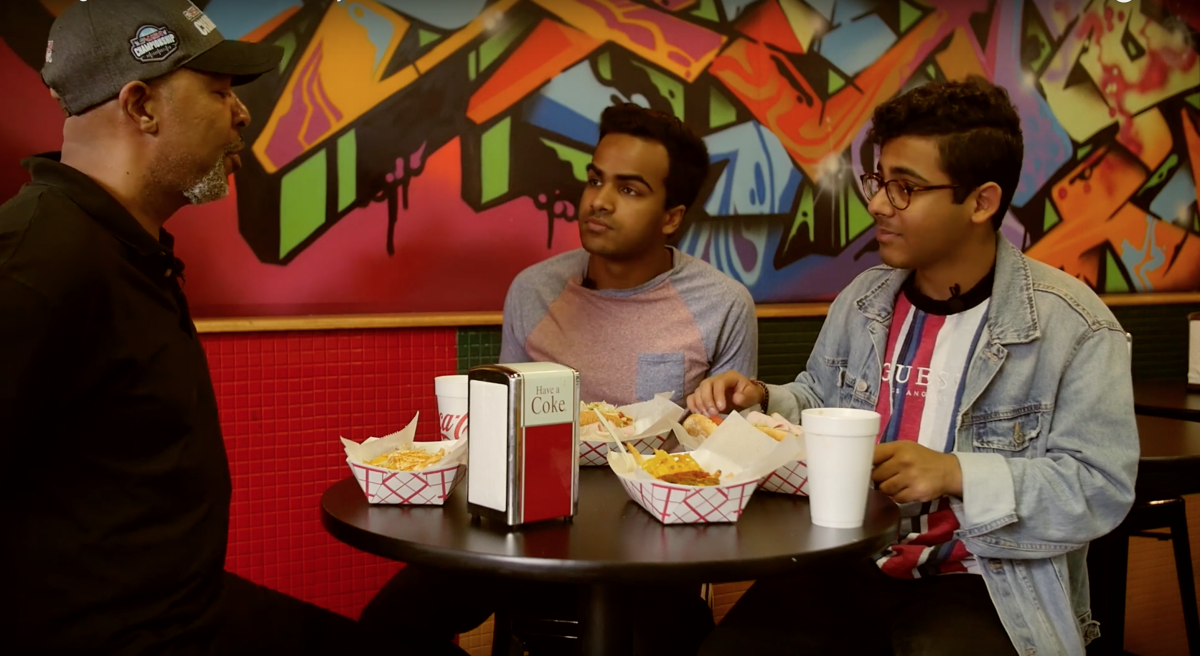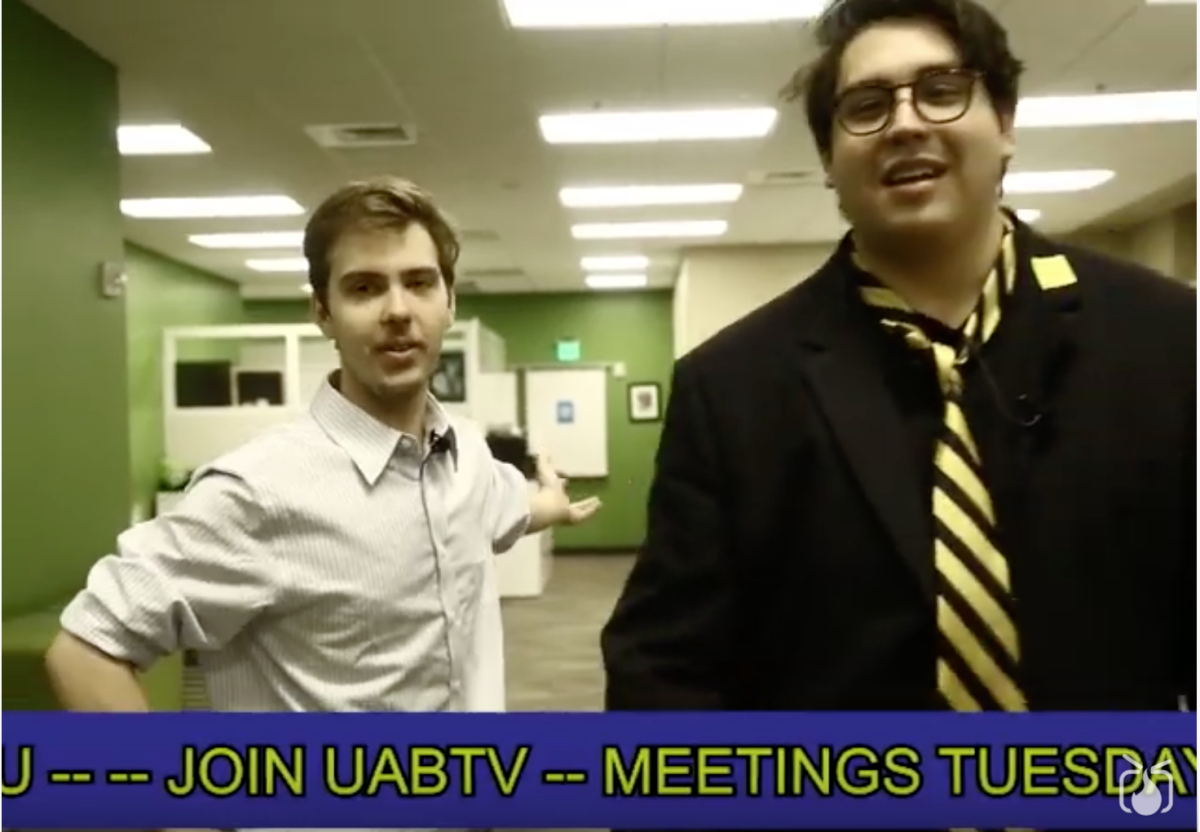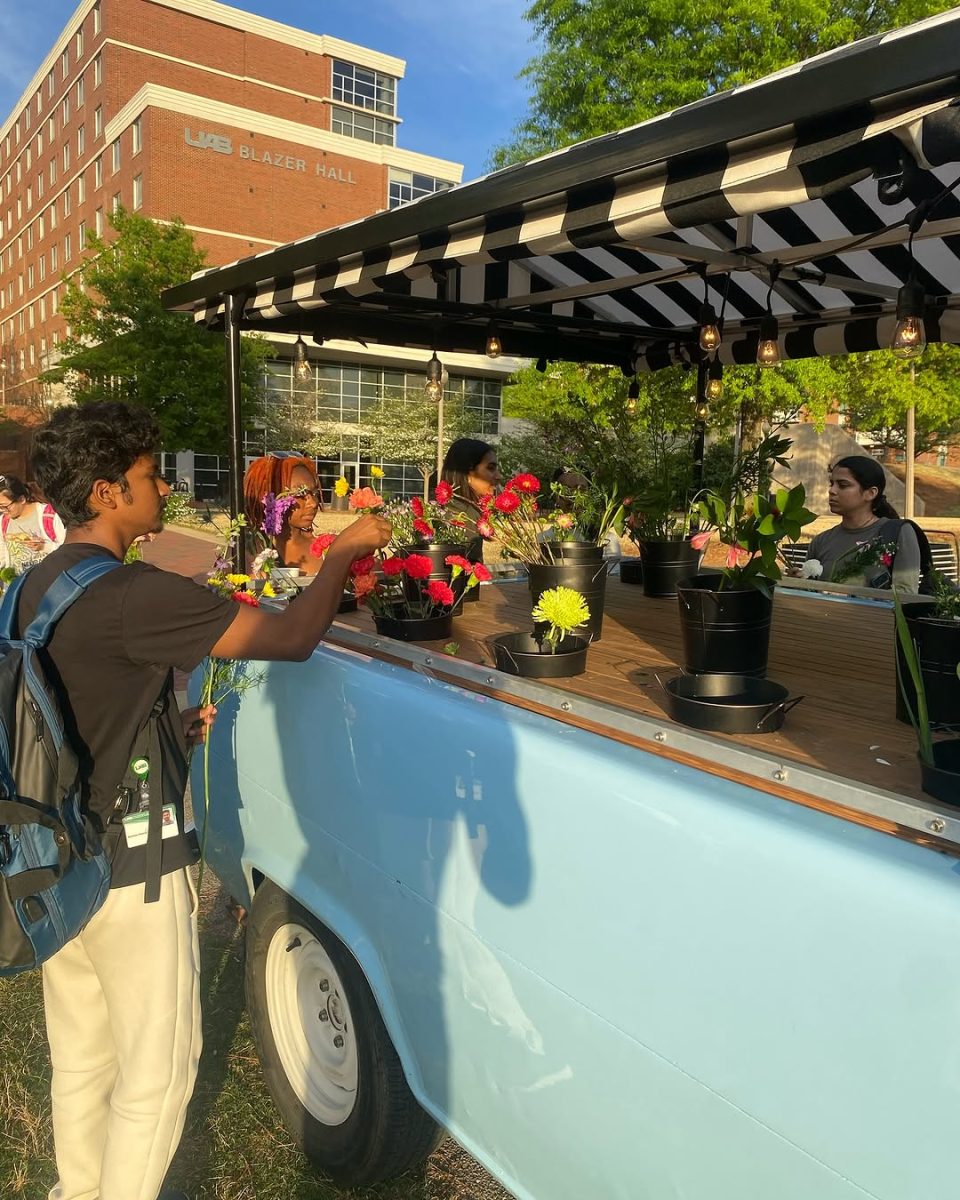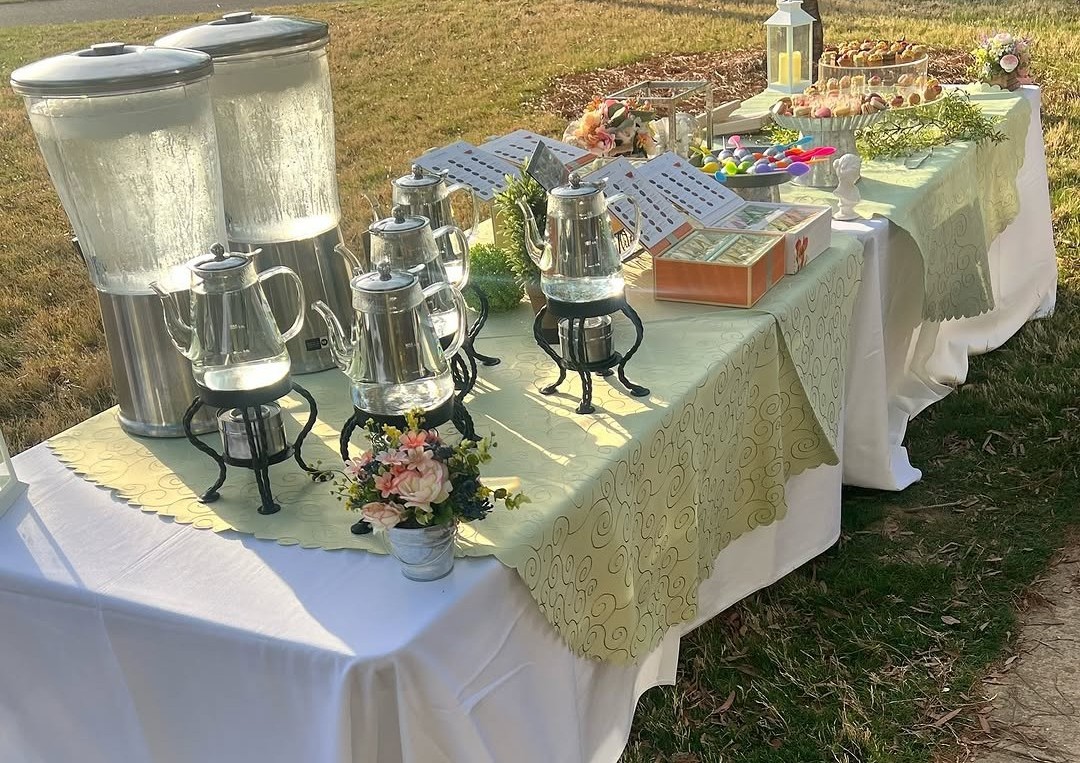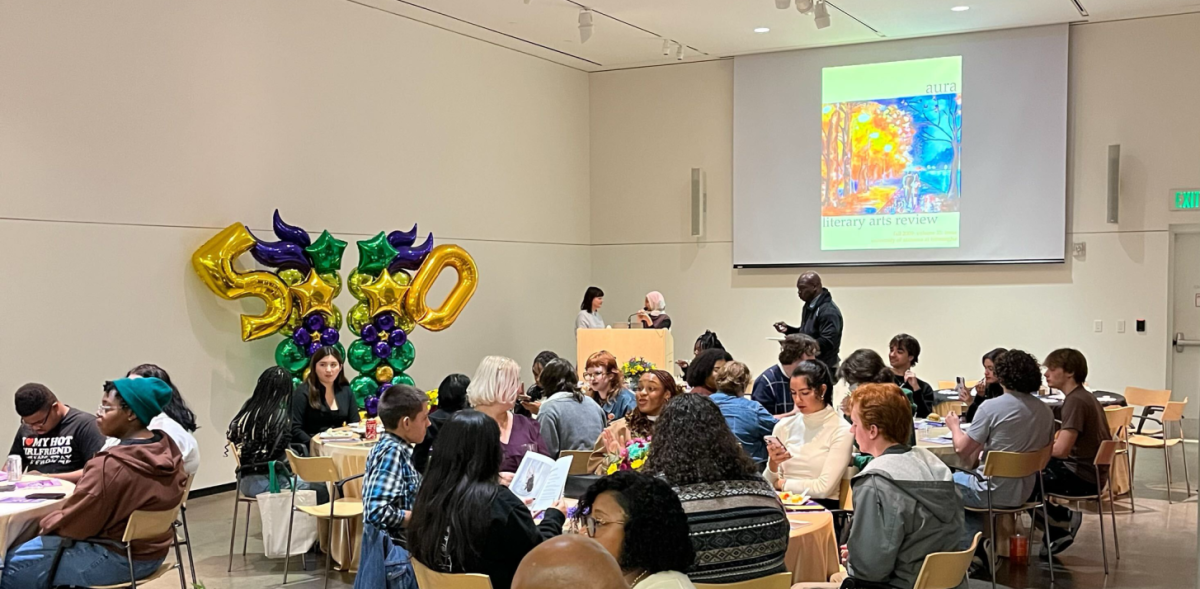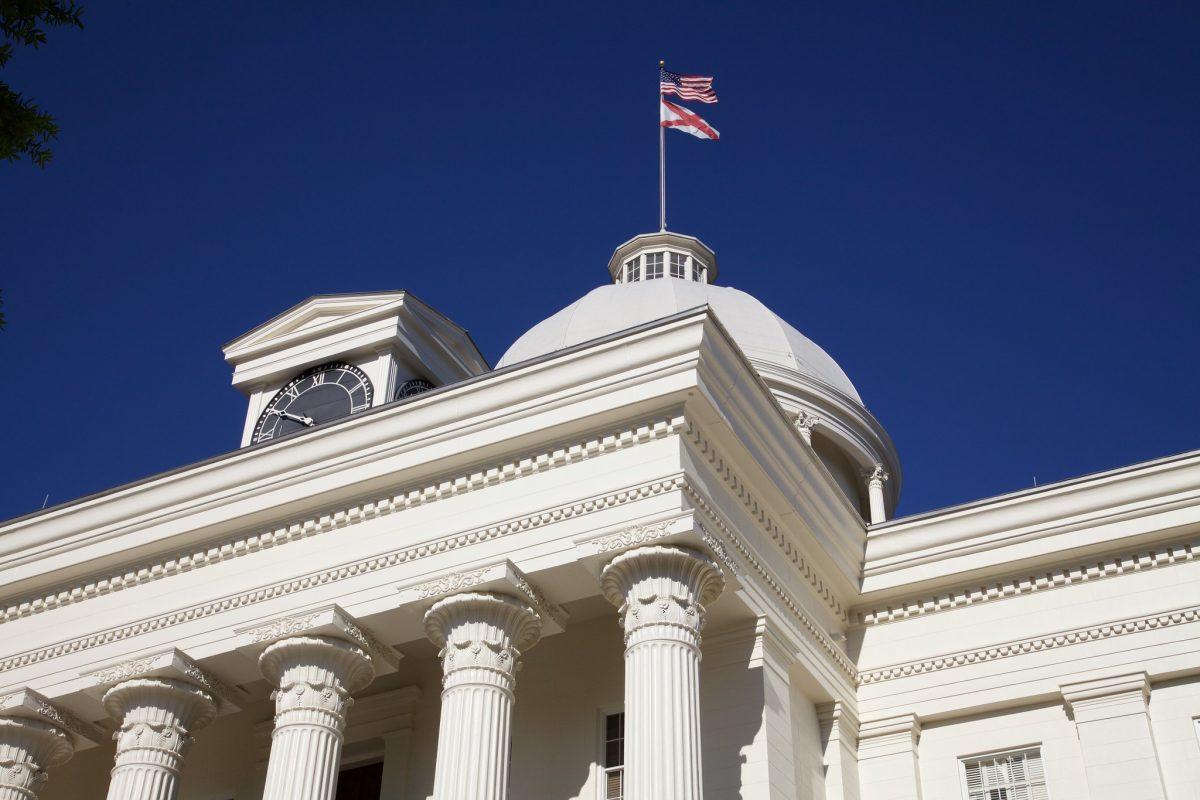We are not in a good place regarding the future of abortion policy in the state of Alabama, said Kaitlin Welborn, a staff member of the ACLU of Alabama in a speech on Thursday.
She was asked about the likelihood of an attorney defending a case involving abortion in the hope they would help change the state’s new laws on the issue.
“I often feel like there is very little I can do … I could make things worse,” said Welborn, a reproductive rights staff attorney at the organization, speaking at a public event for the Maternal and Child Health Student Association.
On June 24, the Alabama state legislature passed the Human Life Protection Act, an almost complete ban on abortion in the state. The new law went into effect the same day the U.S. Supreme Court overturned Roe v. Wade, a decision allowing states to make their own laws on abortion.
According to Alabama Attorney General Steve Marshall in an interview with Alabama News Network, the new law only criminalizes those who perform abortions rather than anyone who seeks the procedure. There are only exceptions in cases where the mother’s life is in danger; there are no exceptions for cases of pregnancies caused by rape or incest. Medical professionals who perform abortions can be charged with a class-A felony and could serve a life sentence in prison.
Welborn criticized the law, saying it may give medical providers pause when deciding whether to perform a life-saving abortion because the definition of what is considered life-threatening is unclear.
“How close to death’s doorstep do you have to be before an abortion will be legal?” Welborn asked.
She also raised concerns about the state’s broad conspiracy statutes. She said that since you can be charged with aiding and abetting a crime in Alabama, there is a big question as to whether a pregnant woman can be found guilty of aiding and abetting a crime in her own abortion case. This statute also covers those who help somebody else cross state lines to commit an action that is illegal in Alabama, meaning someone who helps another person seek an abortion in another state may be found guilty of aiding and abetting.
“Where you have states that have wildly different laws on the subject, that is something that is really quite scary and unique to Alabama,” Welborn said.
She said since these cases have not yet been tested in court, there was uncertainty as to how far prosecutors would go when applying the aiding-and-abetting rule. Welborn said individuals should make risk calculations when deciding which actions to take when seeking assistance with abortions. For medical providers, she advised them to contact their lawyers when trying to figure out what they can and cannot do.
Welborn said with all the uncertainty, the prospects of abortion access in Alabama are not looking good. She said there are no signs of exceptions being extended to cases of rape or incest, and she hopes other speakers are able to bring a more positive message than she can.
“It sucks. That is the technical, legal term for this,” Welborn said.

